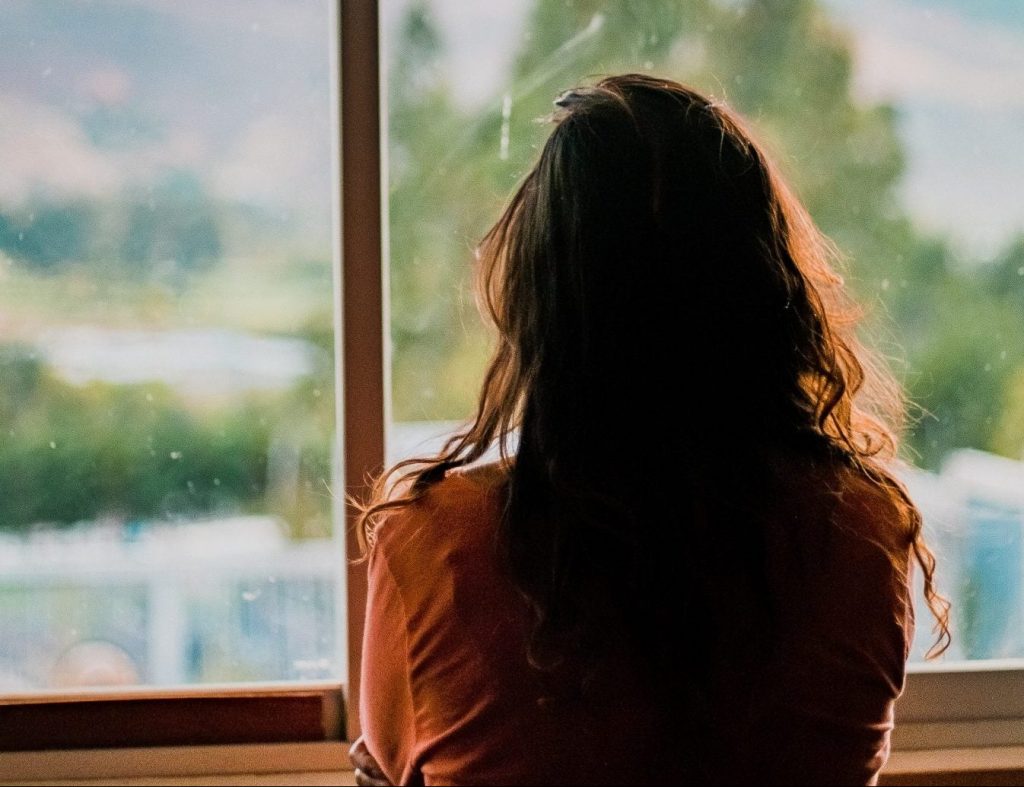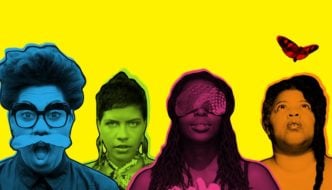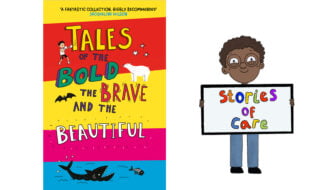
Photo by Felipe Cespedes from Pexels
It’s been 100 days*. 100 days since I’ve sat in a café, walked my son to school or wandered round a library. 100 days since we were told we must now, stay at home, protect the NHS and save lives.
Soon we’ll be able to do some of the things we haven’t been able to do for a while. Next month we can socialise-at-a-distance with more people, get a haircut and use those weird outdoor gyms in the park. Lockdown has lifted, or is lifting, or something like that?
Lack of clarity has been a running theme of this pandemic. I re-read the article I wrote for The State of the Arts at the beginning of it all about my inability to find the right words. I still feel the same.
Yet around me, lots of people have found theirs. Some of those words, spoken by politicians and commentators, or tumbling over each other in endless video calls have been confused, meaningless, lost. Others, scrawled across banners and in the mouths of protesters across the globe, have been urgent, clear and honest.
For this reflective piece, I asked my friends and family for their account of the past three months. The ask was this: give me one sentence that describes lockdown for you. I threw it out to friends from Leeds, Scotland, Northern Ireland and Australia, aged between six and 93. I asked people I’ve been in close contact with as well as those I haven’t spoken to since it all began. Some people came back to me straight away, others struggled. A few responded to say they couldn’t find the words either and one asked me if it was ok if he borrowed his from the Fresh Prince.
So, here’s what came back.
“I took a redundancy in March and then the world broke.”
“At the moment I just feel tired and sad and don’t really know what to do with my future.”
“A sanitised existence, solid in routine through working in a hospital, but devoid of physical contact and tactile shows of affection and support.”
“Teaching online feels like yelling into the abyss.”
“It’s been like looking at life through a kaleidoscope: reflective, surreal, scary, funny, beautiful, confusing; by turn twisting in and out of focus; at odd angles; like a warped mirror being held up to ‘real life’.”
“Lockdown brought everything into sharper focus. And those sharp edges can sting; blurred only by kindness and hope.”
“I don’t like it.”
“Hope and fear, hoping for my son that a better world will come out of the other side and fearing that everything will change, but even more than that, fearing nothing will.”
“Bored, really bored.”
“COVID-19 2020 and Belfast August 1969: norms upturned in a blink, universal anxiety but suffering mostly according to class and ethnicity, the future uncertain and somehow threatening, the personal present now part of history.””
“Now this is the story all about how my life got flipped, turned upside down.”
“My life has come full circle. From a wartime schoolgirl evacuee living away from home for four years to a 90-year-old, locked in my small flat and missing the outdoors.”
“I’ll remember the time that people had to stop and think about Black Lives Matter, perhaps for the first time ever because there wasn’t an option not to.
“Then out of nothing came George Floyd and a memory of a hymn from childhood; ‘breathe on me breath of God’, and he did.”
“Lockdown is a hard, forced stop. Time to reflect and look at life, personally and as a society. What bits are we rushing back to?”
There they are.
As a collective set of words, they manage to explain it far better than I could. (A few might have pushed the one sentence rule a tad with some creative use of grammar, but I’ll let them off).
I’ve read them over and over and there’s some things that have stuck. I can’t shake this notion that we are living through a part of history. Likewise, the idea that for a few people the experience has been cyclical, transporting them back to other moments of epic change and upheaval. I noticed themes of confusion, fear and despair, but also hope and purpose. And that suggestion that we might be able to do things differently on the other side. What bits are we rushing back to now we’ve been forced to stop and think? In short, there’s an awful lot of power in them there words.
What would your lockdown sentence be? I’d love to hear it.
With thanks to everyone who contributed their sentence.
*100 days since March 23rd (when lockdown was announced by Boris Johnson) on Wednesday 1 July



Comments